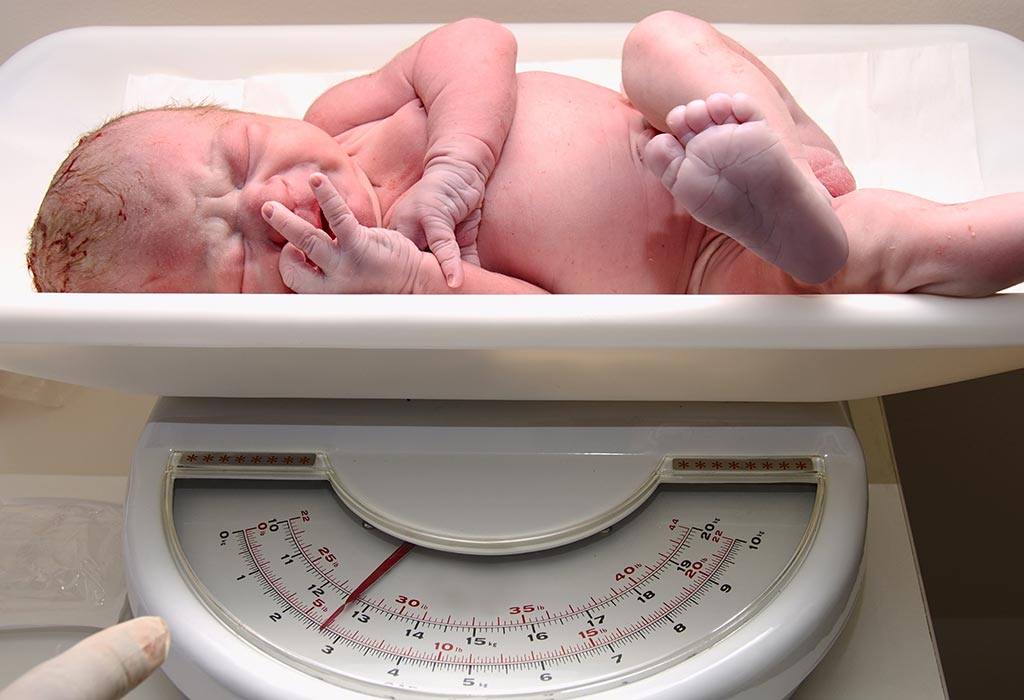Watching your baby grow and develop is a source of joy for every parent. One of the key indicators of your baby’s health and development is their weight gain. In this article, we’ll explore the factors that influence baby weight gain and provide tips to ensure your little one is on the right track.
The Importance of Baby Weight Gain
Baby weight gain is a critical aspect of early childhood development. It reflects your baby’s overall health, nutritional status, and growth trajectory. Adequate weight gain is essential to building a strong foundation for physical and cognitive development.
Normal Baby Weight Gain Patterns
It’s important to understand that baby weight gain is not uniform. During the first few weeks of life, most babies lose some weight, but they typically regain it by the end of the first month. After this initial period, healthy weight gain is generally steady, with most babies doubling their birth weight by around six months and tripling it by the end of their first year.

Factors Influencing Baby Weight Gain
Several factors can influence how a baby gains weight:
- Breastfeeding vs. Formula Feeding: Babies who are breastfed may gain weight differently from those who are formula-fed. Breast milk composition changes over time to meet a baby’s evolving nutritional needs.
- Feeding Frequency and Volume: The frequency and amount of feeding sessions play a significant role in weight gain. Newborns feed frequently, and as they grow, the intervals between feeds typically become longer.
- Introduction of Solid Foods: Starting solid foods around six months of age can affect weight gain. It’s crucial to introduce solids in a way that complements your baby’s nutritional needs.
- Health and Genetics: Genetic factors and a baby’s overall health can also influence weight gain. Some babies may naturally have a slower or faster growth rate.
Monitoring Baby Weight Gain
Pediatricians closely monitor a baby’s weight gain during well-baby checkups. They use growth charts to track your baby’s progress and ensure they are following a healthy growth curve. It’s essential to attend these appointments to address any concerns promptly.
Signs of Healthy Baby Weight Gain
A few signs that indicate your baby is gaining weight appropriately include:
- Steady growth over time, following the expected curve on the growth chart.
- Satisfied and alert after feedings.
- Wetting an adequate number of diapers each day.
- Achieving developmental milestones as expected.
Addressing Concerns About Baby Weight Gain
If you’re concerned that your baby isn’t gaining weight as expected, it’s essential to discuss your worries with your pediatrician. They can assess your baby’s health, feeding habits, and any potential underlying issues. In some cases, additional testing or adjustments to feeding routines may be recommended.

Balanced Nutrition for Baby
Ensuring your baby receives balanced nutrition is crucial for healthy weight gain. Whether breastfeeding or formula feeding, provide your baby with the necessary nutrients for their age and development. When it’s time to introduce solids, offer a variety of age-appropriate foods to support their growth.
Baby weight gain is a vital aspect of your child’s early development. By understanding the factors that influence it, monitoring your baby’s progress, and seeking guidance when needed, you can promote healthy weight gain and set the stage for a bright and thriving future for your little one. Remember that every baby is unique, and it’s essential to focus on their overall health and well-being rather than fixating solely on the numbers on the scale.
